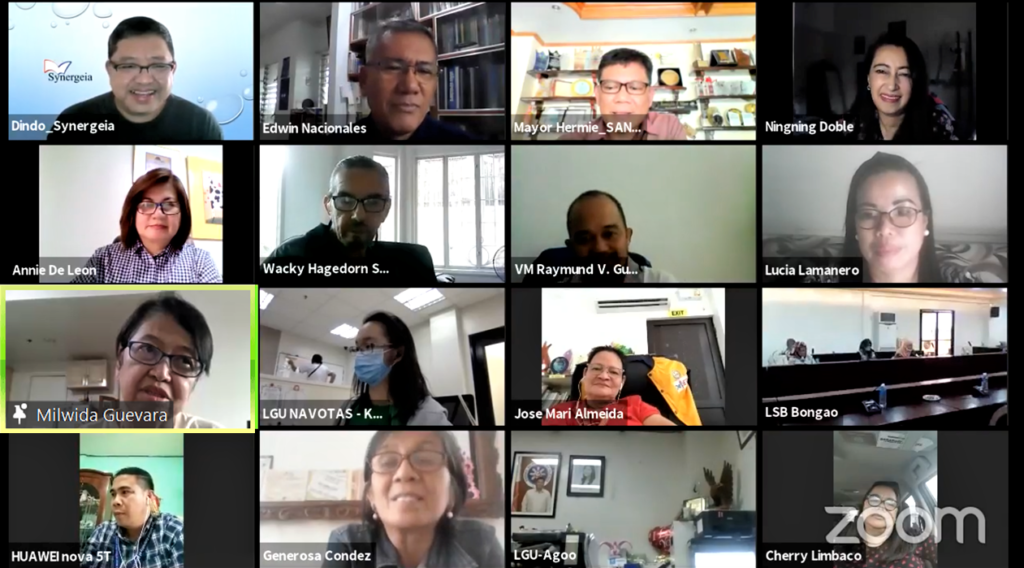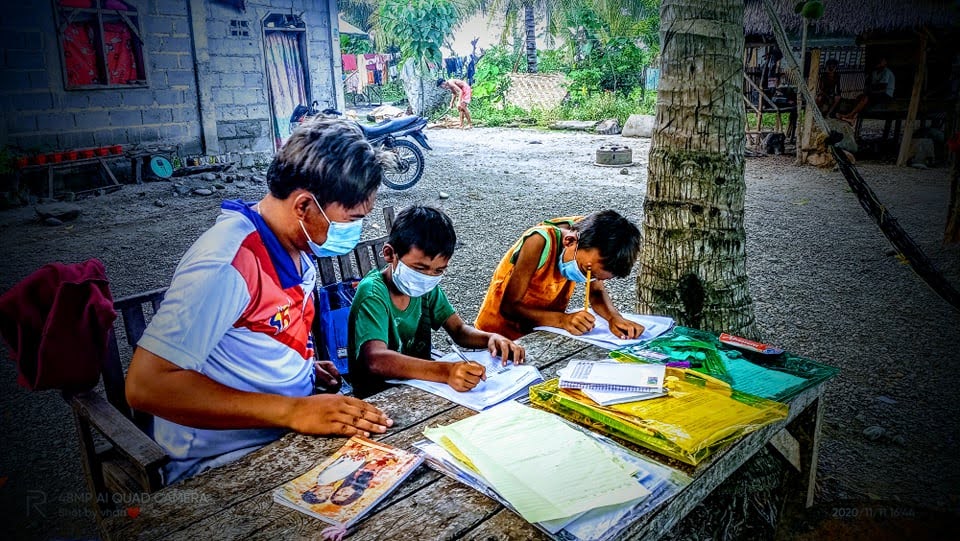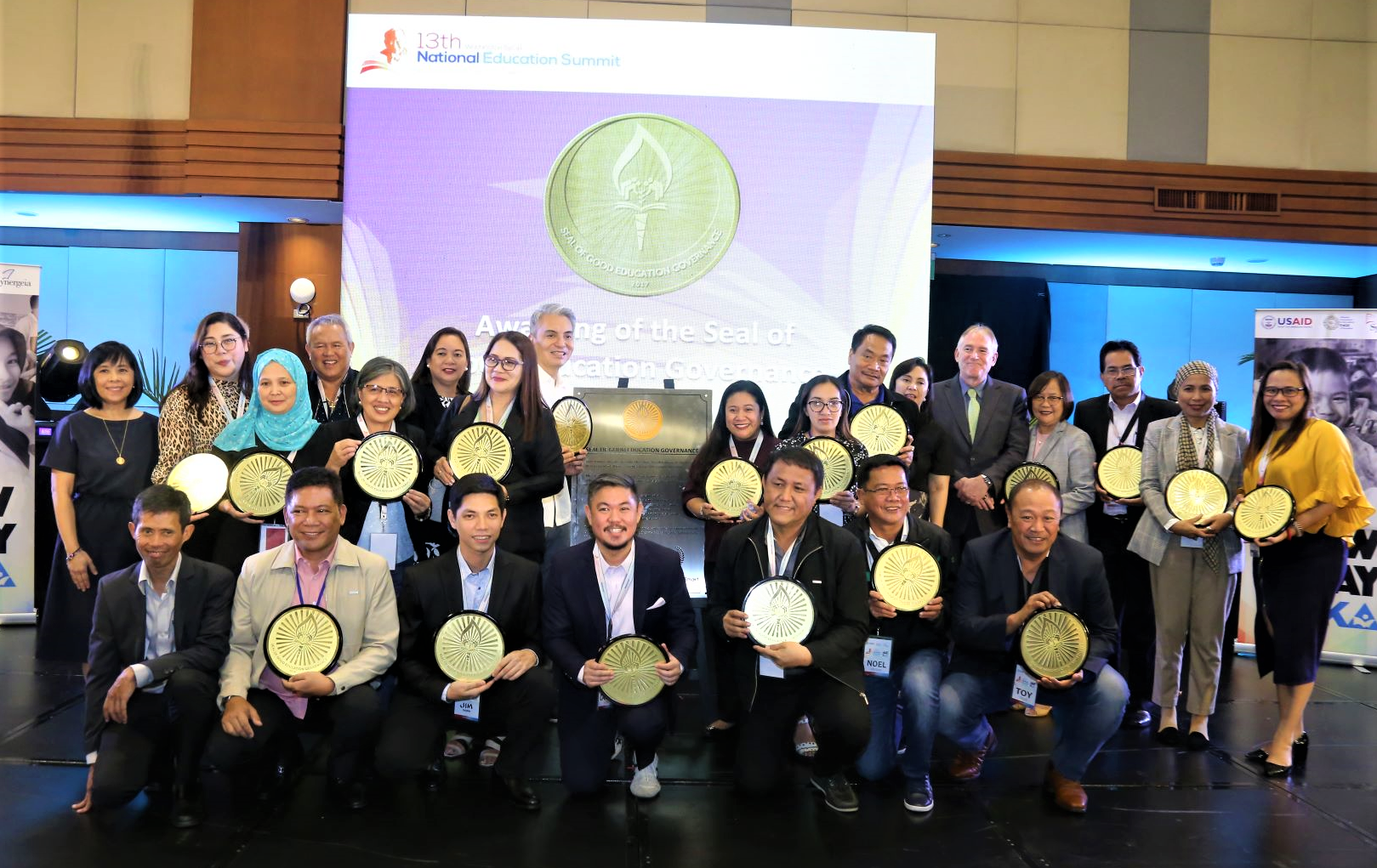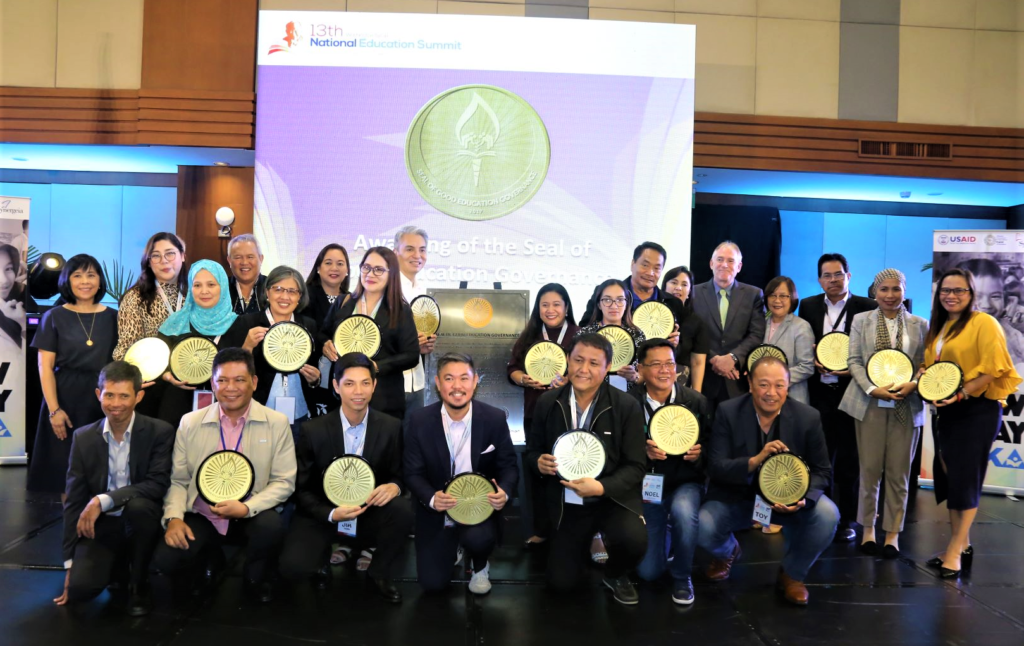By Manolo Serapio Jr.

Synergeia Foundation, in partnership with local governments, has rolled out assessment tests in communities in a bid to determine whether grade school students are learning in the time of distance education amidst a pandemic.
The outcome of the tests to be administered to students from Grades 2 to 6 and which cover English, Filipino and Mathematics would help educators and local governments assess their competency levels and implement remedies if necessary to improve them.
Mayors in Central Luzon pushed for the creation of an assessment tool during a meeting in October with Synergeia to find out whether remote education is working as the COVID-19 pandemic closed schools and forced children to learn from their homes.
The restructured education system prompted many local governments to fund the printing of self-learning modules for students while some communities supplied computer tablets to their constituents.
“The assessment tests are not intended to evaluate the efficiency of teachers, school districts or the Department of Education,” Synergeia President and CEO Milwida Guevara told a virtual meeting with mayors and educators this month.
“We’re doing this to determine the learning competencies which children have developed and those which they are weak in. It is important to assess and measure the learning outcomes which children have achieved,” said Guevara.
Synergeia, supported by institutions like the United Nations Children’s Fund and the U.S. Agency for International Development, works with 426 local governments across the Philippines to raise the quality of basic education.
The tests were put together with the help of experts from the Philippine Normal University and focused on the most essential learning competencies prescribed by Deped.
Guevara, a Finance Undersecretary for nearly a decade and a former grade school teacher who continues to teach in graduate school, helped prepare and review the tests. Dr. Antonio Torralba, former dean of the College of Education at the University of Asia and the Pacific, also reviewed and refined the tests
The assessment tests are designed to be given to a select number of students to be determined via a sampling method using the established Slovin’s formula that is simplified on this website link
They aim to gauge whether grade school students have learned the required skills in English, Filipino and Mathematics during the first quarter of the school year that began in October, and to ascertain if they are ready to move to the next quarters.
Balanga City in Bataan province has already administered the English assessment tests for Grades 2-6. Teachers in Valenzuela City in Metro Manila will be visiting students in their homes to give the tests while observing safety protocols.
There may be a need for an effective remediation to strengthen distance education in communities where the results of the tests would show a need to improve learning among students.
Filipino Grade 5 students lagged their counterparts in Southeast Asia in reading, writing and mathematics based on the 2019 Southeast Asia Primary Learning Metrics study released last year by UNICEF and the Southeast Asian Ministers of Education Organization.
And 15-year old students from the Philippines ranked lowest among 79 countries in reading proficiency and second lowest in mathematics and science in the 2018 Programme for International Student Assessment.








